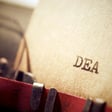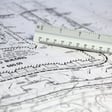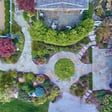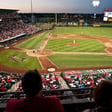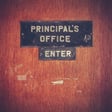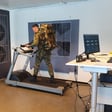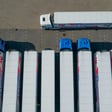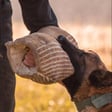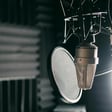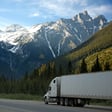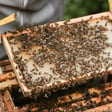
Tracy - KeenBean Coffee Shop and Roastery Owner
You can take all the classes in the world and yet sometimes life just slowly guides you to where you need to be. Tracy never forced a career, she and her husband shared a simple love of coffee and all the nuance that goes along with it. A leap of faith buying an old carwash, a dream of owning their own business, and most importantly, the determination and willingness to work hard and do what it takes to make their dream a reality. Now, they and their 4 kids run a successful coffee shop and small batch roastery. This isn't just a way to make money, it's a passion that always keeps them interested and going. That is what allows their end product to be so good, never settling, always improving. I love to talk about coffee and this was a blast of an interview. Listening to it will absolutely NOT be a grind. <---(See what I did there?) So pour yourself a cup of your favorite joe in whatever way you prefer and drink this interview up! Thanks Tracy!
Tracy and her coffee can be found *HERE.
If you enjoyed this content and would like to support the channel, you can do so HERE. Thanks!
*The Jobs Podcast has no affiliation with the Keen Bean or it's subsidiaries/affiliates.


